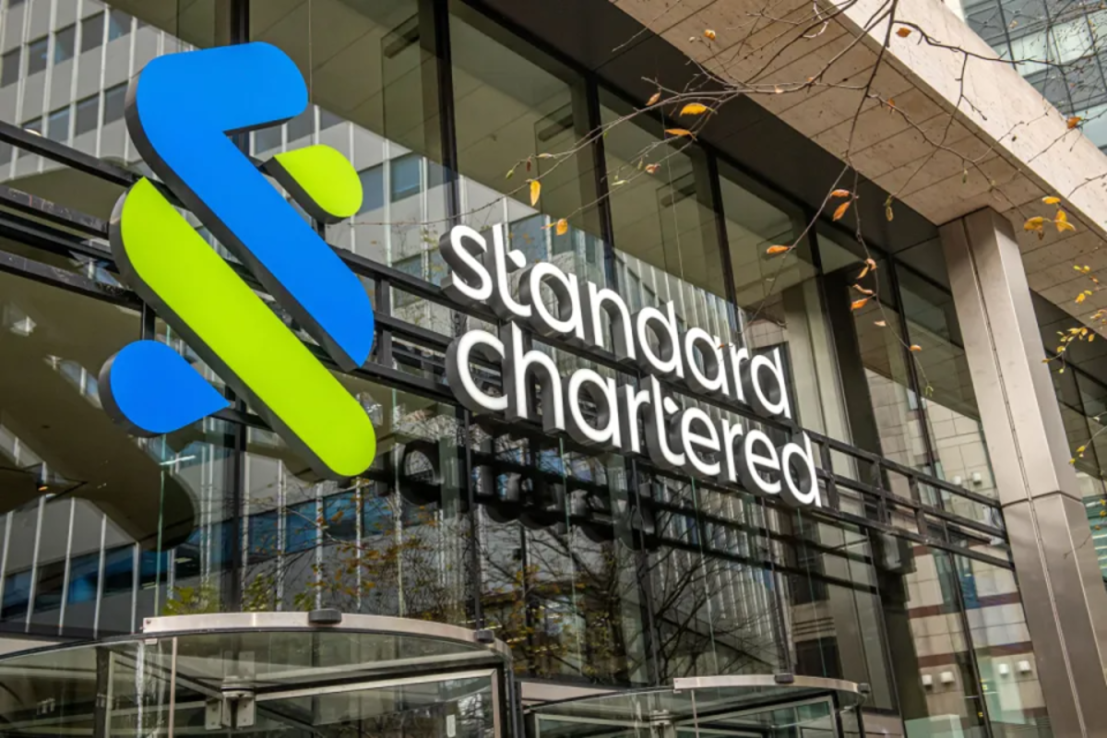
Shares in Standard Chartered rallied on Friday after it emerged the US government has rejected whistleblower claims that it breached sanctions rules.
Allegations over the banking giant’s practices had courted the attention of US president Donald Trump, who last week took to Truth Social to post a link to an article about the claims published by a far-right news outlet.
That was followed by calls from Republican congresswoman Elise Stefanik, who called for an investigation into the FTSE 100 giant, sending its shares tumbling.
Standard Chartered lost a combined $1.8bn in settlements with the US and UK authorities in 2012 and 2019 after it was found to have breached sanctions on Iran and other countries.
But currency trader Robert Marcellus and the bank’s former global head of foreign exchange transaction banking, Julian Knight, last year said they uncovered data in documents provided to the US government, which they said revealed billions of dollars worth of undisclosed transactions with Iranian businesses.
Knight and Marcellus argued that the government had defrauded a US court over its investigation into the allegations. They then appealed after their claims were rejected.
On Thursday, the US Department of Justice said the earlier judgment should be rejected by the appeal court, adding that the fraud allegation was “entirely unfounded.”
Standard Chartered shares rose 3.7 per cent to 1,410p on Friday morning. The stock is up by more than 40 per cent since the start of the year.
A Standard Chartered spokesperson told The Times: “We are pleased and unsurprised by the DOJ’s filing, which continues to demonstrate what we’ve always known: the claims underlying this case are false.”
1MDB scandal lawsuit
Last month, the bank was hit with a $2.7bn lawsuit over its alleged role in one of the world’s largest financial fraud cases, known as the 1MBD scandal.
The London-headquartered lender is being accused of helping move and hide billions of dollars that were stolen from Malaysia’s 1MDB fund, by not sufficiently checking to see where the money was coming from or where it was going.
Between 2009 and 2013, Standard Chartered allegedly allowed more than 100 suspicious transfers through its bank, despite warning signs that the money might be linked to illegal activity.
The people filing the lawsuit allege the bank didn’t follow basic anti-money laundering (AML) rules and believe that if the lender had, it could have blocked or reported the transactions.
Standard Chartered said it rejected the claims.







